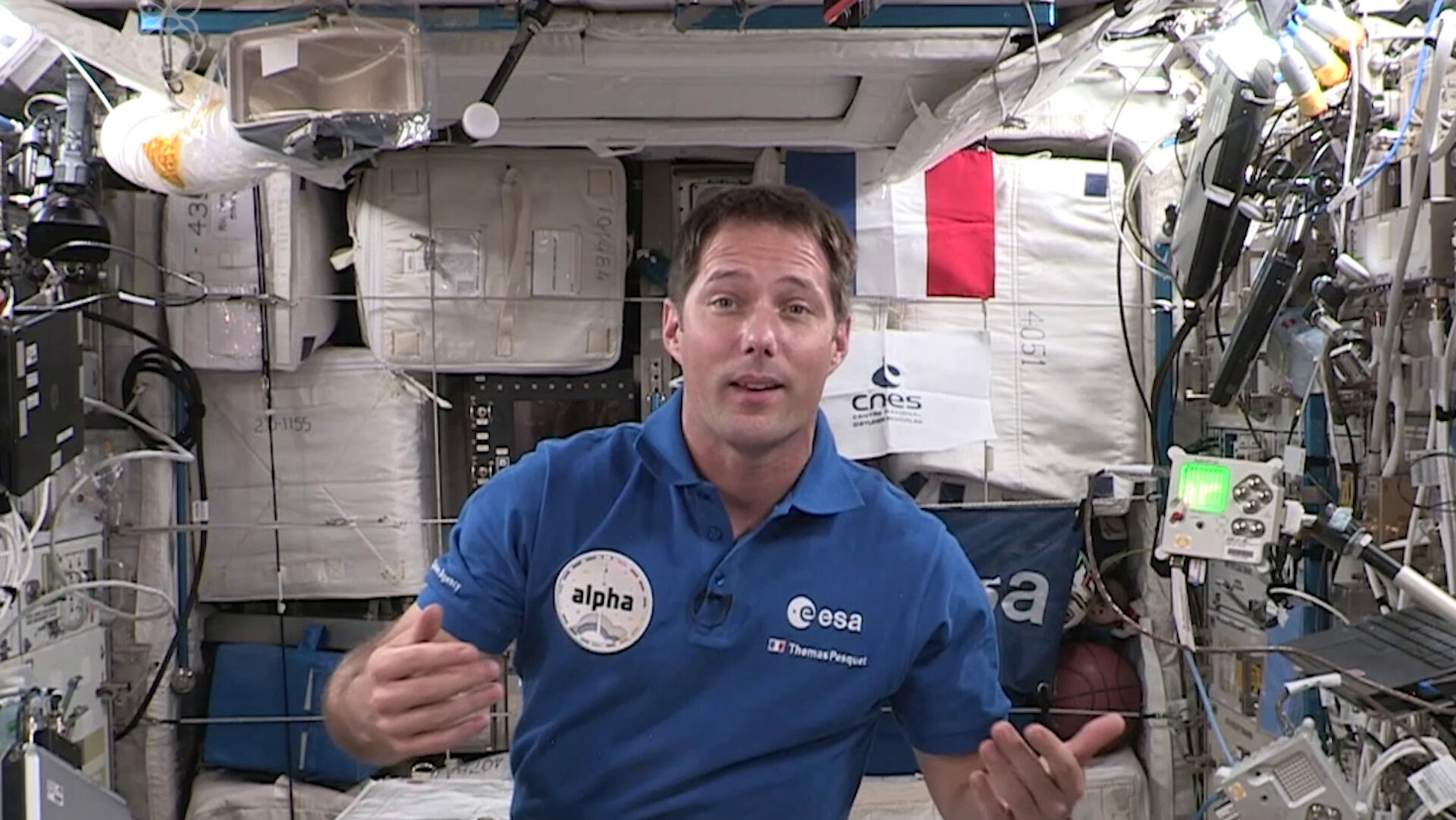Nearly 15,000 young people had their programs run on the ISS during the European Astro Pi Challenge 2020-21
ESA and the Raspberry Pi Foundation are excited to announce that 9408 computer programs written by young people participating in the European Astro Pi challenge this year have been successfully deployed on the International Space Station (ISS)!
Mission Zero retains popularity despite coronavirus restrictions
This year, 14,054 young people from 24 countries successfully entered Mission Zero, the beginners category of the Astro Pi challenge, and had their programs run on the Astro Pi computers on board the ISS for 30 seconds each!
This was only 5% down on the record 14,853 young people who participated in last year’s challenge, despite widespread school closures in ESA Member States and restrictions on face-to-face meetings in many countries.
To help young people participate despite coronavirus restrictions, Mission Zero rules were updated this year to allow individual entries for the first time. This option proved popular, with 6,308 Mission Zero entries this year coming from individual participants, rather than teams of 2-4 young people.
Mission Space Lab: Investigating life in space and on Earth
In addition to Mission Zero, 232 teams with 939 students and young people are currently in the final phase of Mission Space Lab, the advanced category of the challenge. Over the last month, each of these teams has had their scientific experiments run on either Astro Pi Ed or Astro Pi Izzy - the 2 Astro Pi computers on the ISS - for 3 hours each.
All Mission Space Lab teams have now received their data back from the ISS to analyse and summarise in their final scientific reports. To grant teams enough time to complete their reports given social distancing measures, we have extended the submission deadline to 13:00 CEST (12:00, noon BST) on Monday 28 June 2021.
Celebrating your achievements
Every young person that participated in Mission Zero, and every team who submitted a Mission Space Lab experiment, will receive a special certificate celebrating their success and marking their progress in the European Astro Pi Challenge 2020-21.
Who will win Mission Space Lab 2020-21?
A jury of experts appointed by ESA and the Raspberry Pi Foundation will soon judge all of the Mission Space Lab final reports and select 10 teams as the winners of the European Astro Pi Challenge 2020-21. Each of the 10 winning teams will receive a special prize: an invitation to a webinar with an ESA Astronaut where they can ask questions about life in space!
Congratulations to all the teams that have taken part in Astro Pi Mission Space Lab this year. The ESA Education team and the Raspberry Pi Foundation hope that you found it interesting and fun, and we can’t wait to announce the 2020-21 Mission Space Lab winners!



